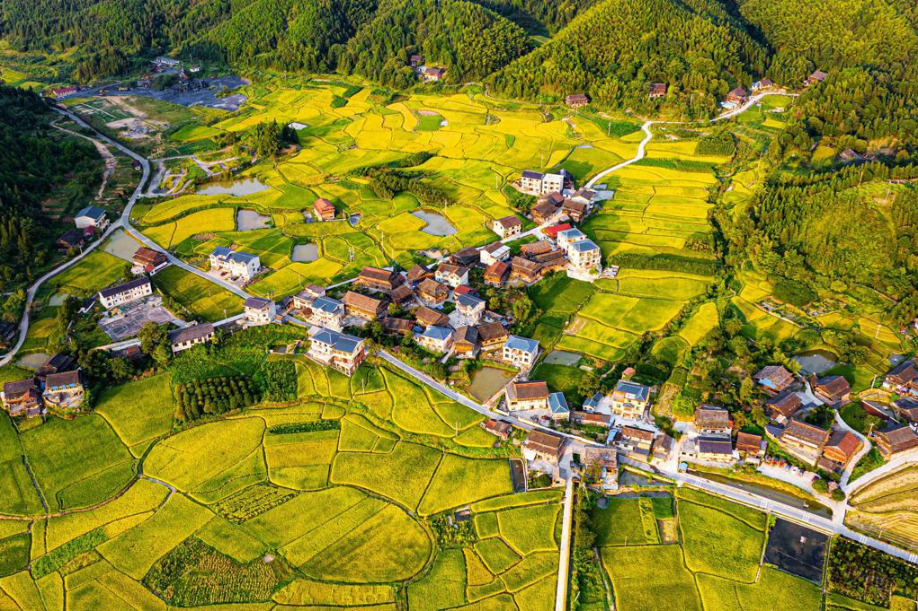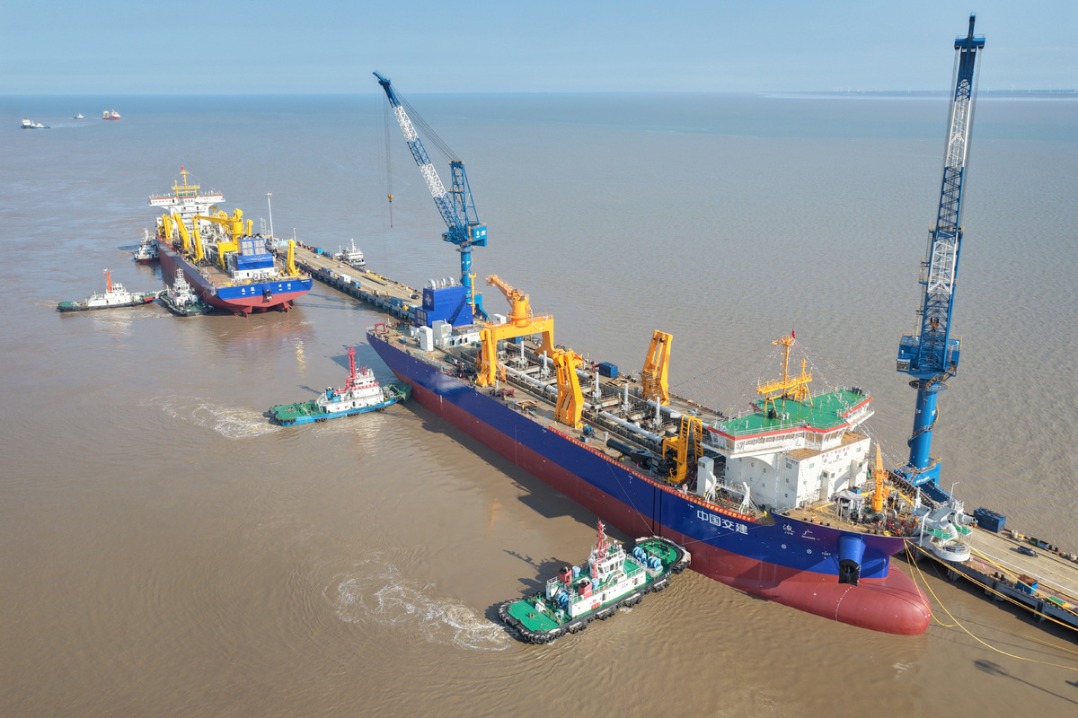Yunnan tourism flourishes under 'ideal life' campaign
Authorities tap into natural wonders, attract more long-stay visitors, retirees


Beyond the slogan
Michael Hermann, the chief local representative of an international network of nonprofit organizations, has spent lengthy periods in the province since 2005. He describes Yunnan as both a "postcard and project".
His work in sustainable agriculture, early childhood development, and public health has taken him to 15 prefectures and 35 counties, with programs reaching more than 3 million residents.
"In Yunnan we say, 'the mountains and water are beautiful, and the people are kind and nice,'" he said.
Hermann, like many long-stayers, is taken by the stunning surroundings he encounters on a routine basis.
One day it's the Three Pagodas punctuating Dali's rice-green horizon, another it's running laps around Dianchi, or watching a sunrise over Fuxian Lake's foreshore.
Yunnan is "a true place to slow down, learn, think and reflect", where inner quiet makes the world gentler, he said.
David Blair, a retiree who moved to Yuxi after stints in New York and Washington, DC, appreciates the compactness and convenience of the city, which is surrounded by mountains and lakes and is renowned for its tobacco production.
"The transportation here is so convenient," he said. "Almost every road has a bike lane, and there's high-speed rail in town. Farmers' markets are within walking distance, and prices undercut what you would see in megacities like Beijing and Shanghai, let alone the US."
"Everything in daily life is nice," Blair added. "Once I paid 10 yuan, about $1, for a quick outpatient fix to remove a thorn from my toe."
He also said that he has never felt unsafe walking at night in China. "It's one of the most pleasant lifestyles I've seen in the world, and I have been to more than 60 countries and regions," he said.
Yunnan's marketing line doubles as a development model.
The province's latest tourism campaign has strengthened efforts to combine tourism with food culture, housing, transit, healthcare, learning, and wellness. Policies for towns to better serve the tourism sector have also been established, along with platforms to help locals boost profits.
Yunnan's natural advantages are plentiful. The climate is rarely extreme and biodiversity abounds. All this is complemented by charming man-made structures such as pagodas, terraces and tea roads.
For Yunnan's tourism authorities, however, the new measure of success is not a picturesque view going viral. It's visitors coming to the province and deciding to make it their home. "Guests" becoming "family" is central to their policy.
These foreign long-stayers demonstrate this philosophy and have steadily built a connection with their new home through activities such as market visits, and interaction with their neighbors.
"Stop chasing the superficial, and the world will naturally show you its gentleness and beauty," Blair said.




































